In a dramatic legal escalation, Elon Musk has filed an injunction with a U.S. federal court to halt OpenAI’s transition from a nonprofit organization to a fully for-profit corporation. This latest legal move, filed on November 29, 2024, has revived the intense legal and public feud between Musk and OpenAI, a company that has become a central player in the artificial intelligence (AI) revolution. Musk, the CEO of the AI startup xAI, along with Shivon Zillis, a former OpenAI board member, argues that the transition is detrimental to competition in the AI sector and that OpenAI’s actions have prevented investors from funding rival companies, including xAI.
Here's ads banner inside a post
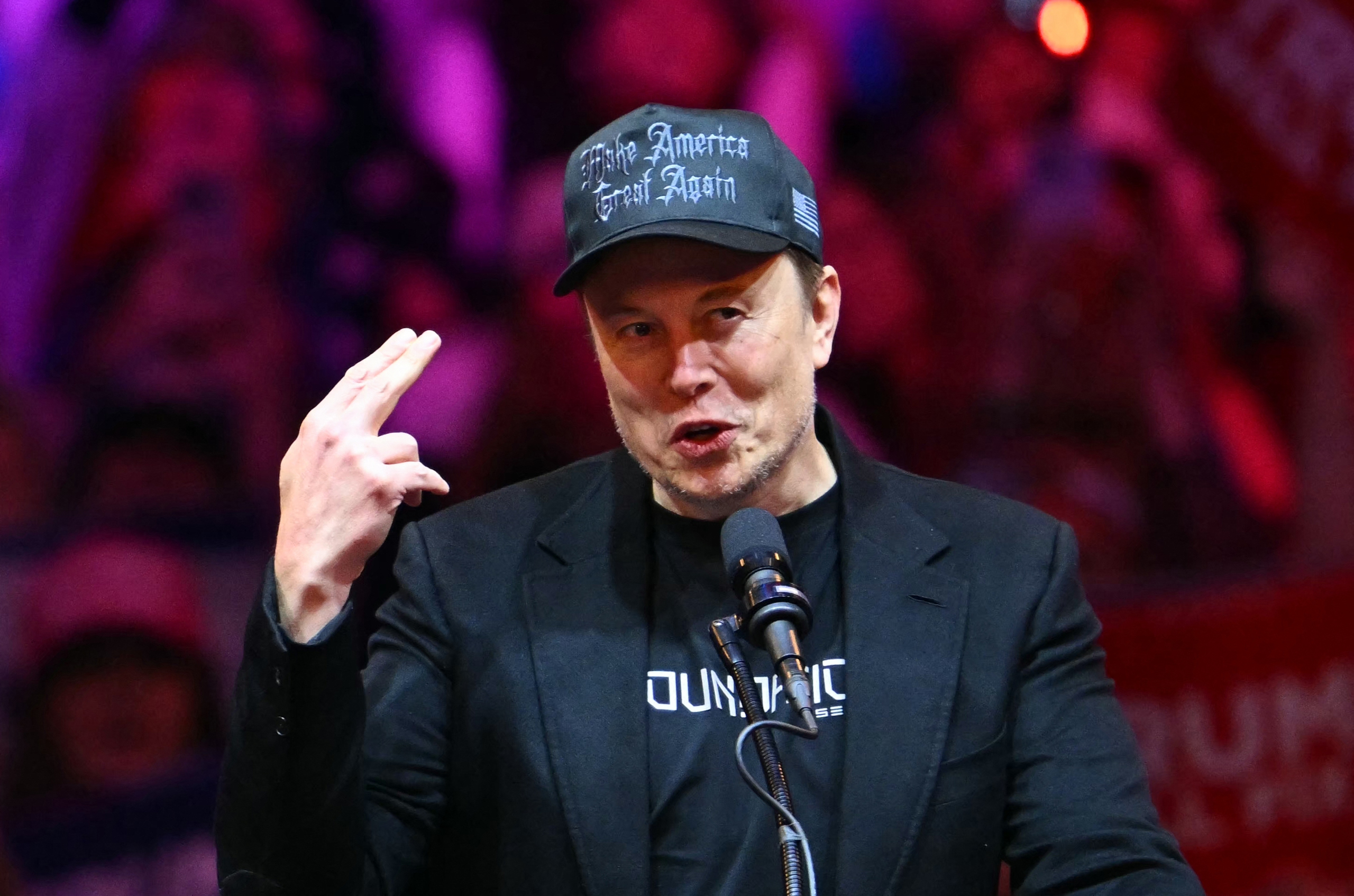
This injunction is just the latest chapter in an ongoing legal battle that began earlier in the year and has since grown in complexity and scale. The feud spans various allegations, from antitrust violations to racketeering accusations, and highlights Musk’s growing concern over the influence of major tech companies like OpenAI and Microsoft in the AI space.
Musk’s Legal Fight: Allegations and Disputes with OpenAI
Musk’s legal struggle with OpenAI dates back to March 2024, when he first filed a lawsuit in San Francisco federal court. The original filing was soon withdrawn, but Musk’s legal team quickly refocused the lawsuit and refiled it with additional claims. In the original complaint, Musk and his legal team, led by prominent attorney Marc Toberoff, accused OpenAI of violating multiple federal racketeering laws, arguing that the company’s business practices were undermining the competitive landscape of the AI industry.
Here's ads banner inside a post

Over time, Musk’s legal team expanded their claims. In a move that would significantly broaden the scope of the lawsuit, they filed a series of new charges in which they accused OpenAI and its key partner Microsoft of antitrust violations. The legal team claims that these two entities have orchestrated a series of business maneuvers designed to prevent investors from supporting competing AI firms, specifically xAI, Musk’s own AI startup. The filing specifically alleges that OpenAI has effectively forced its investors to agree to terms that prevent them from backing any competing AI company, essentially instituting a “group boycott” that harms the growth and development of rivals like xAI.

Here's ads banner inside a post
One of the core arguments in Musk’s latest filing is that OpenAI and Microsoft are engaging in anti-competitive behavior by sharing sensitive business information through their corporate relationship. Musk’s attorneys argue that the companies’ interconnected boardrooms, where individuals serve on both OpenAI’s and Microsoft’s boards, create an environment ripe for improper coordination. They claim that this arrangement allows OpenAI to access sensitive information about competing AI firms, giving them an unfair advantage and further stifling competition in the burgeoning AI market.
Despite the fierce nature of Musk’s legal battle, OpenAI has pushed back firmly, dismissing the claims as baseless. In response to the injunction request, a spokesperson for OpenAI called Musk’s legal actions “utterly without merit,” reiterating that Musk’s lawsuit is simply another attempt to recycle the same unfounded accusations.
The For-Profit Shift: OpenAI’s Transition and the Growing Scrutiny
At the heart of this legal confrontation is OpenAI’s transition from a nonprofit organization to a fully for-profit public benefit corporation. When OpenAI was founded in 2015, it was initially established as a nonprofit with the mission of ensuring that AI would be developed in a way that benefits humanity as a whole. The idea was to prevent AI from falling into the hands of a few powerful corporations that could exploit it for private gain. However, as the company’s ambitions and its technological developments grew, so did its financial needs.
In 2019, OpenAI shifted to a “capped-profit” model. This change allowed the organization to establish a for-profit subsidiary while still maintaining a governing nonprofit entity. The new structure enabled OpenAI to raise funds from major investors and partners like Microsoft while ensuring that the mission of ensuring AI would benefit humanity remained intact.
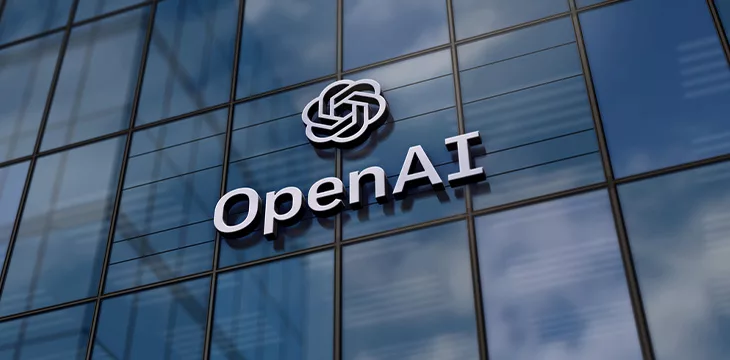
But now, OpenAI is attempting to take a further leap into the business world by transitioning into a fully for-profit public benefit corporation. This shift would allow the company to attract even larger investments and expand its operations, making it more attractive to institutional investors who are looking to capitalize on the rapid growth of the AI industry.
This transformation has raised several important questions about OpenAI’s core mission and its business practices. Critics, including Musk, argue that OpenAI’s transformation into a fully for-profit company will make it less accountable to the public and more beholden to the interests of corporate investors. Musk has expressed concerns that the concentration of AI power into the hands of a few tech giants, like Microsoft and OpenAI, could lead to monopolistic behavior and pose a significant risk to the future of artificial intelligence. In particular, Musk has suggested that OpenAI’s transition could make the company more focused on profits and less focused on its original goal of ensuring AI’s benefits are distributed equitably.
Musk’s xAI and the Competitive Threat to OpenAI
Musk’s AI startup, xAI, launched in July 2023, has quickly become one of OpenAI’s most significant rivals. With the launch of its Grok chatbot, xAI aims to offer a viable alternative to OpenAI’s popular ChatGPT, which has captured global attention. XAI’s Grok chatbot is available for free, with additional premium features available for users who subscribe to Musk’s social media platform, X (formerly Twitter). Musk’s company has already raised more than $6 billion in funding, with a valuation of $24 billion. XAI is reportedly preparing for a new funding round that could bring its valuation to $50 billion.
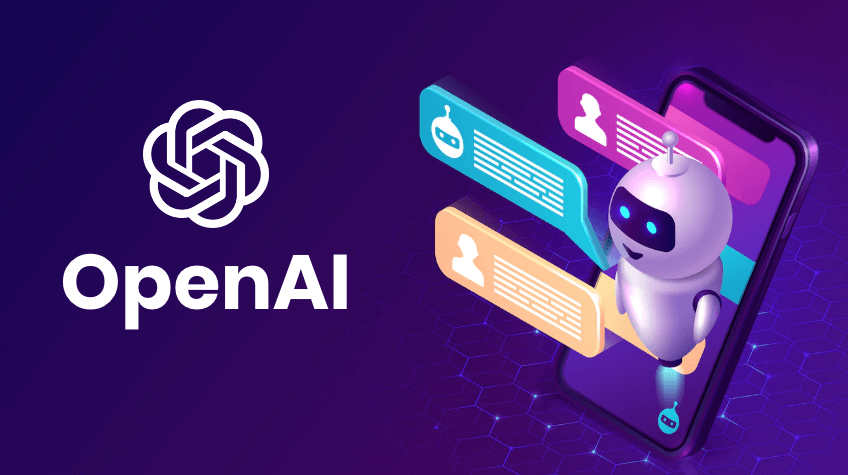
One of Musk’s central arguments in his legal battle is that OpenAI and Microsoft are engaged in monopolistic practices that limit the ability of other AI startups, like xAI, to raise funding. Musk claims that OpenAI’s actions are preventing competing AI firms from securing the necessary investment capital to grow and challenge OpenAI’s dominance in the market.
:max_bytes(150000):strip_icc()/X-Logo-on-Phone-35c83db6a3c34b689ab069ff50b96bcc.jpg)
Musk has also pointed to the close relationship between OpenAI and Microsoft, claiming that the partnership between the two companies effectively gives Microsoft an outsized influence over the AI landscape. Microsoft has already invested nearly $14 billion in OpenAI and has integrated its technology into its Azure cloud platform and Bing search engine. These investments and partnerships, Musk argues, put smaller competitors like xAI at a disadvantage, making it harder for them to secure funding and compete for market share.

Musk’s xAI has positioned itself as a strong competitor to OpenAI, but the startup is still in its early stages and faces an uphill battle against a company that has established itself as the leader in the field. However, Musk is determined to ensure that smaller players have the opportunity to thrive in the AI space, and his legal efforts against OpenAI reflect his belief that AI should be developed in a way that fosters competition rather than stifles it.
The Growing Scrutiny of Microsoft and OpenAI’s Partnership
The relationship between OpenAI and Microsoft has come under intense scrutiny in recent months, particularly after news broke about the companies’ growing collaboration. In addition to its $14 billion investment in OpenAI, Microsoft has taken a significant role in the company’s operations, with Microsoft executives sitting on OpenAI’s board of directors and collaborating closely on various AI projects. This close relationship has led some critics to question whether OpenAI is becoming too reliant on Microsoft and whether this could limit competition in the AI sector.
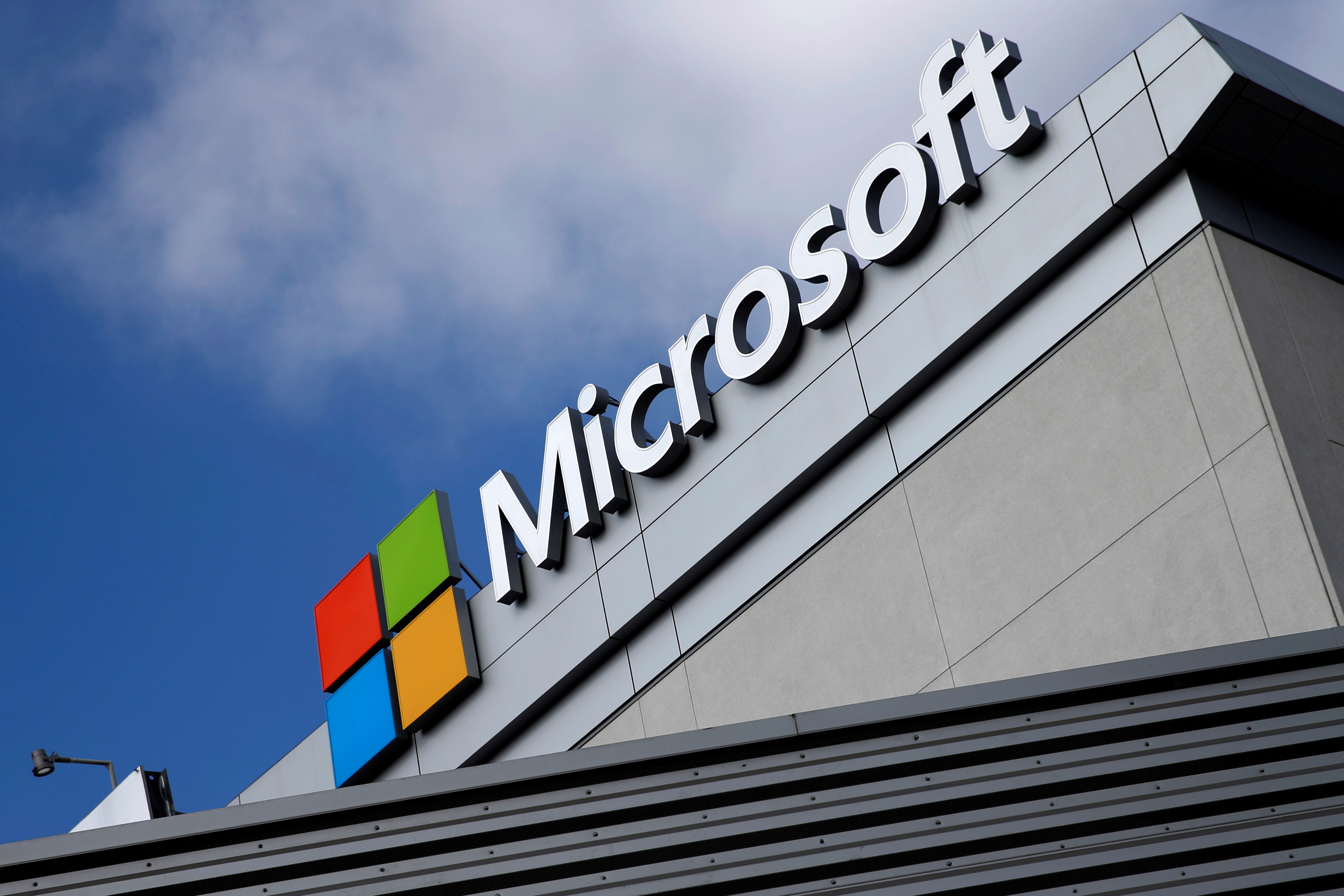
In response to mounting concerns, Microsoft has attempted to distance itself from OpenAI’s operations. In October 2024, the company gave up its observer seat on OpenAI’s board, signaling that it is taking steps to alleviate concerns about its influence over the company. However, the Federal Trade Commission (FTC) has made it clear that it will continue to monitor the relationship between Microsoft and OpenAI, and other regulators around the world are also keeping a close eye on the situation.

The growing scrutiny of the OpenAI-Microsoft partnership is part of a broader examination of the influence that tech giants like Microsoft, Google, and Amazon have over the development of AI. Regulators are increasingly concerned about the potential for monopolistic behavior in the AI industry and are seeking to ensure that the benefits of AI are widely distributed, rather than being concentrated in the hands of a few powerful players.
The Future of AI: Musk’s Vision vs. OpenAI’s Strategy
Musk’s ongoing legal battle with OpenAI is just one part of his broader vision for the future of artificial intelligence. Musk has been vocal about his concerns regarding the centralization of AI power in the hands of a few large corporations. He believes that the development of AI should be decentralized, with a wide range of companies and organizations involved in the research and development of AI technologies. Musk’s xAI is a key part of his vision for a more open and competitive AI ecosystem.

On the other hand, OpenAI’s strategy is focused on securing large-scale investments to fund its ambitious research and development projects. OpenAI’s leadership believes that the company needs significant financial backing in order to continue competing with other major players in the AI field, particularly companies like Microsoft and Google, which have vast resources at their disposal. OpenAI’s transition to a fully for-profit structure is seen as a way to attract these investments and ensure the company’s long-term success.
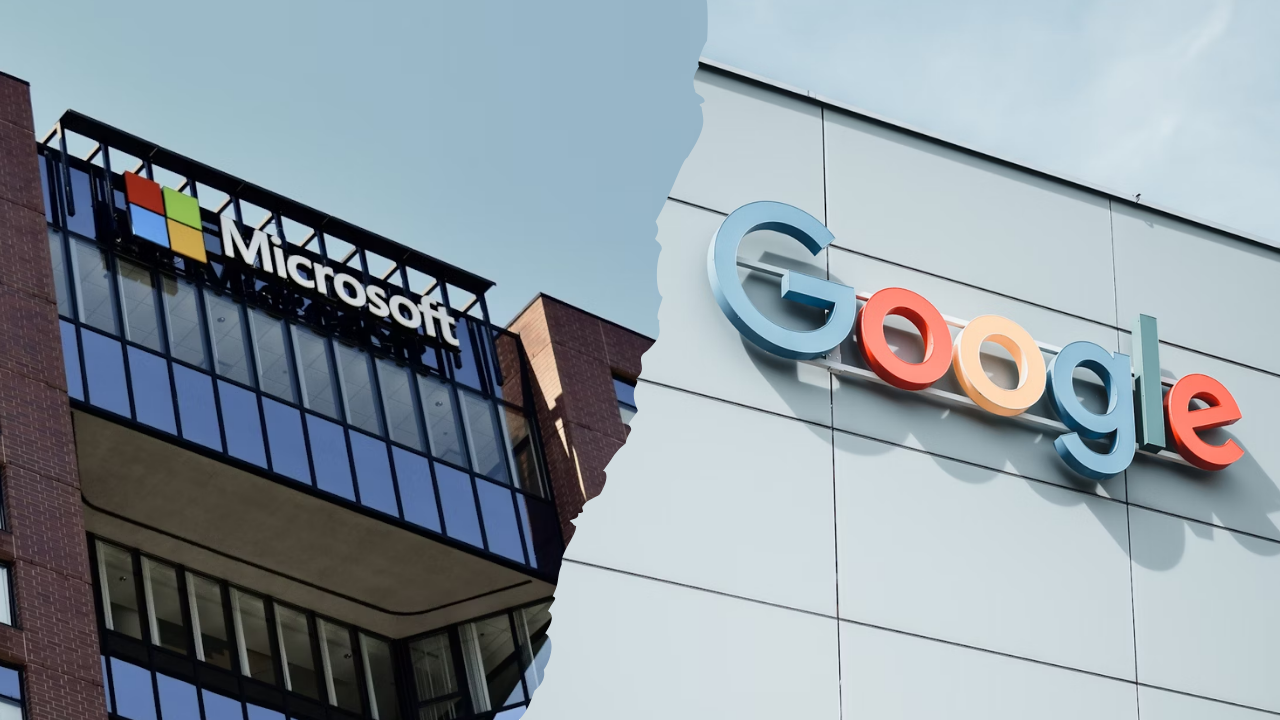
Ultimately, the outcome of Musk’s legal battle with OpenAI will have significant implications not only for the two companies involved but for the broader AI industry as well. As AI continues to reshape industries and societies around the world, the question of how it should be governed, funded, and developed will become even more critical. The future of artificial intelligence may depend on whether Musk’s vision of a more decentralized and competitive AI landscape can gain traction, or whether OpenAI’s approach of securing large-scale investment to fuel rapid growth will prevail.
As this legal drama unfolds, the world will be watching closely to see how the battle for the future

